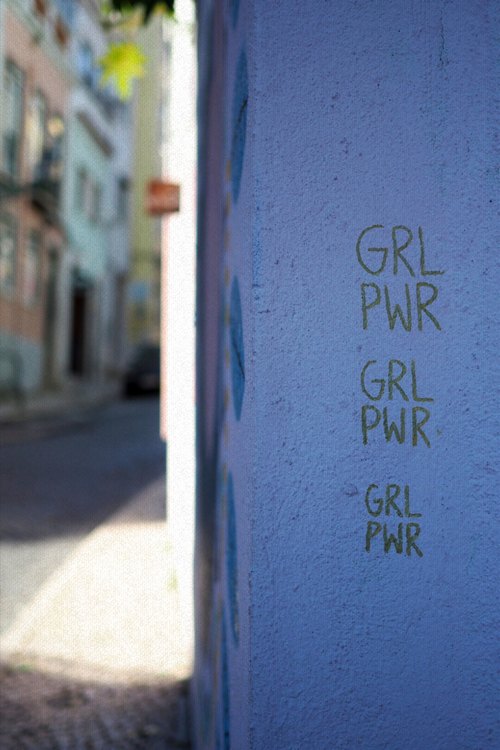Influencing the Funding Requests starts at the Country Dialogue and is then managed through the CCM, as well as for consultative meetings that happen outside of formal meetings. The Global Fund has a well defined process which advocates need to understand in order to influence best.
Each country is provided with an Allocation from the Global Fund (an amount of money that is available to tackle one or more of the diseases) and there is some guidance about expectations. The CCM then gathers ideas and decides what programmes to submit as a Funding Request, drawing on the areas that the Global Fund finances – these are all described in Global Fund modules. Proposal development is long and usually there are writing teams working with consultants.
W4GF Advocates need to find ways to present their asks to the CCM at the right time and in the right way. One of the most effective ways of doing this is to make arguments drawing on the Technical Guidance documents prepared by the Global Fund secretariat, as well as the normative guidance provided by technical agencies, for example WHO, UNAIDS, Stop TB Partnership, RBM Partnership to End Malaria and UN Women. Check the information page for resources that you can use.
Once the Funding Request is submitted it is reviewed, by the secretariat and an independent Technical Review Panel (TRP). The TRP can ask the CCM to make some changes before the funds are released, or in the early months of grant implementation. Grants are implemented by Principal Recipients (PRs) that sub-grant to Sub-Recipients (SRs) for specific areas of work and activities.
Don’t miss this information note Make Or Break: How Civil Society And Communities Can Engage In Global Fund Grant-Making Processes For The 2020-2022 Cycle prepared by International Council of AIDS Service Organisations (ICASO). This is also available in French Un Élément Décisif: Comment La Société Civile Et Les Communautés Peuvent S’impliquer Dans Les Processus D’établissement Des Subventions Du Fonds Mondial – Cycle 2020-2022 Grant-making is the process of translating the funding request into grants that are ready for implementation and this note describes the steps involved in moving from a funding request to a signed grant. It recommends entry points, resources, and technical assistance options to support civil society and communities during this phase of the funding model.
W4GF Advocates need to stay involved throughout all of these processes, and especially once the grant starts to hold countries accountable for delivering on the proposals and the intention of the grant, and to make sure that the rights and needs of women and girls in all their diversity are addressed. W4GF has an Accountability Toolkit that can be used to support this work.

